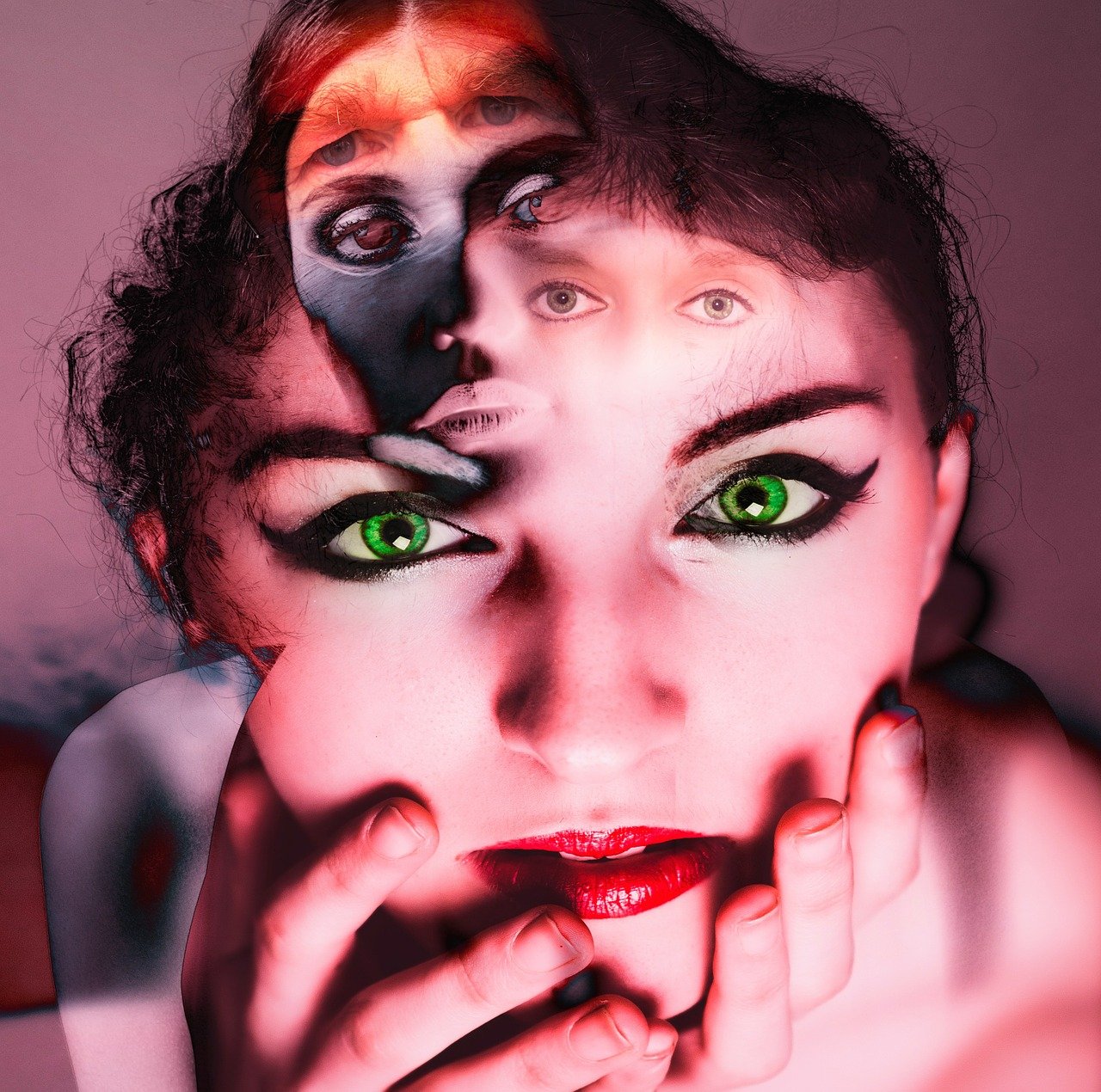
Inside the Schizophrenic Brain
With most diseases, there is a physical change of some kind. For example, cancer causes our body to succumb to the disease and changes may include losing weight or hair. Some damages are obvious to the eyes. The same applies to Schizophrenia, but changes are only visible through a scan of the schizophrenic brain. The disease causes damage to the way your brain looks and functions.

What Is Schizophrenia?
According to the American Psychological Association, “Schizophrenia is a serious mental illness characterized by incoherent or illogical thoughts, bizarre behaviour and speech, and delusions or hallucinations, such as hearing voices. Schizophrenia typically begins in early adulthood.”
In this day and age, there is no cure for Schizophrenia, but there are different treatments to help attenuate the symptoms and improve the sufferer’s well-being and comfort.
Symptoms
Schizophrenia affects your way of thinking, behaving and emotions. Among the frequent symptoms are delusions, hallucinations, and irrational behaviours.
Delusional disorder forms part of being schizophrenic. The afflicted cannot distinguish between what is real and what comes from their imagination. They often have thoughts that are conflictual with reality.
This may come with hallucinations, where you hear voices or feel like insects are crawling on your skin. They are mostly figments of their imagination, but it appears legitimate to them as it is a sensory experience (affecting the five senses). People can suffer from hallucinations because of Schizophrenia but also because of alcohol abuse, drug abuse, other mental illnesses, or side effects of medications.
Hebephrenia, also known as speech and thinking disorganization, indicates non-rational thoughts and actions. For example, a schizophrenic person can’t really hold a conversation; they may jump from one topic to another. When someone suffers from severe hebephrenia, they do not follow any societal norms and may behave indecently in public.
How Does Schizophrenia Change the Brain?

The brain produces different chemicals; four of the most known are dopamine, serotonin, oxytocin and endorphins. Doctors believe that dopamine and glutamate manage thoughts, understanding, and motive.
Why Dopamine?
You may have heard about dopamine before; it is the brain chemical that has been linked to addiction, as it is the chemical that makes us ‘feel good. For a schizophrenic person, dopamine is attached to hallucinations, as parts of the brain responsible for generating dopamine become over-active.
Why Glutamate?
Glutamate is the brain chemical that allows us to create memories and allow us to learn new things. It is a major component of the brain as it is also in charge of sending signals between nerve cells.
Studies have found that if there is too much glutamate activity in a particular part of the brain, it will lead to very little glutamate activity to that part once the disease progresses.
Brain Imaging.
A brain scan can show several psychiatric disorders such as anxiety, anorexia and Schizophrenia. Different parts of the brain are damaged by these illnesses and a brain scan will allow us to know the damaged locations and identify the disease.
A brain scan will help doctors to inspect the brain and decide on which treatment for the patient. Not all schizophrenic people have the same parts of their brain-damaged, so schizophrenic treatments are not one-size-fits-all.
While brain imaging will not diagnose Schizophrenia but will look for brain abnormalities that are often linked to Schizophrenia, these anomalies are mostly seen in the temporal and frontal lobes of the brain.
There is no medication for Schizophrenia, but there is medication to counter the way the brain functions or regulate the chemicals in the brain. Schizophrenia gets worse in time, but proper medication and therapy can help alleviate the symptoms. Let us know in the comments what you think about neuroimaging – or brain imaging for schizophrenic patients…
You May Also Like

The Delta Variant Is Making COVID-19 a Pandemic of the Young
2021-09-03
What Are the Different Types of Cancer
2022-02-02


One Comment
Pingback: